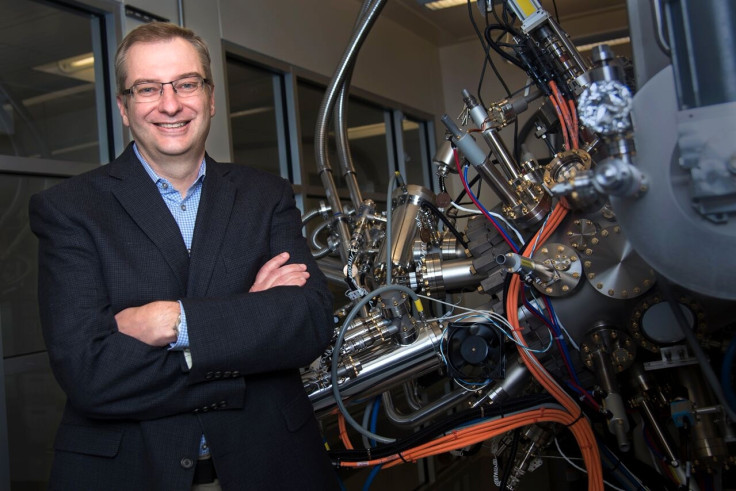Quantum computing might finally have solution to its biggest problem, researchers say
Given the sensitivity of modern quantum computing systems, most forms of interference – called "noise" by experts – can ultimately affect the output.
While most of the heavy computing requirements needed by researchers are provided by supercomputers around the globe, it normally takes a while before the results are generated. However, the introduction of quantum computing has significantly boosted overall processing power to solve even the most complex equations in seconds. However, given the sensitivity of these systems, most forms of interference – called "noise" by experts – can ultimately affect the output. On the other hand, a new paper submitted by a team of specialists suggests that a solution might be at hand.
The group leading the study is composed of two quantum computing authorities from the University of Sydney Centre for Engineered Quantum Systems, School of Physics: Robin Harper and Steven T. Flammia. They are joined by Joel J. Wallman from the University of Waterloo Institute for Quantum Computing and Department of Applied Mathematics. Their abstract has been submitted and published in a peer-reviewed journal Nature Physics.
"Noise is the central obstacle to building large-scale quantum computers. Quantum systems with sufficiently uncorrelated and weak noise could be used to solve computational problems that are intractable with current digital computers," a section of their report reads. "There has been substantial progress towards engineering such systems. However, continued progress depends on the ability to characterise quantum noise reliably and efficiently with high precision."
As companies design quantum computers to incorporate more qubits and thereby enhance their capabilities, the system is expected to encounter more noise. Thus, the reliability goes down, which renders the data inaccurate. However, the team's new algorithm was reportedly found to be effective and could detect these issues. This allows engineers to calibrate and optimise what is needed so all possible errors might be eliminated.

So far, the researchers want to future-proof the diagnostic algorithm they have just developed. This would make it compatible with current systems and possibly with those that will be developed later on. Tech pundits consider it a major breakthrough that would have a positive effect on innovation. This would be the launching point for widespread adoption of quantum computing which could potentially resolve some of the scientific community's most complex problems.
© Copyright IBTimes 2025. All rights reserved.





















